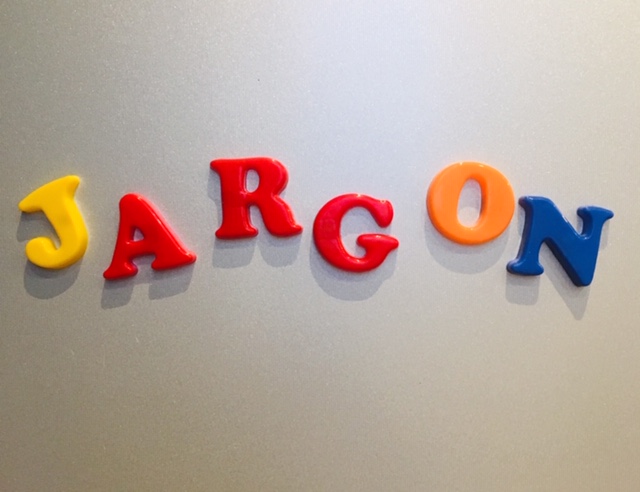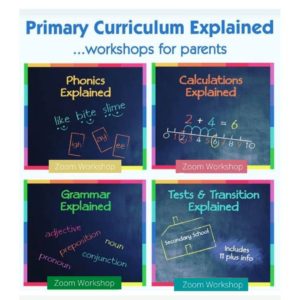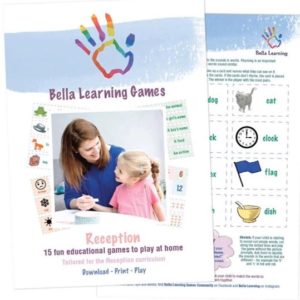Primary School Jargon Explained for Parents
Did you know – I now offer zoom workshops to cover an ‘Explained Series’ including Grammar, Phonics, Calculations and more –
If you’d like to gain a better insight into what your children are learning in the classroom, I’d love to see you there! Both parents and teachers have given glowing reviews of my workshops, and how beneficial it has been for them.. more details here:
Here is Bella Learning’s simple guide to some of the terminology (and acronyms) used in and around primary schools today:
‘Form-entry’
This tells you how many classes there are in each year group. For example, a single-form-entry school will have one year 1 class, one year 2 class etc only. A four-form entry school would have four year one classes, four year 2 classes etc.
‘EYFS’
This stands for Early Years Foundation Stage and officially covers the standards for learning, development and care of children aged 0 – 5 years old. In terms of primary school, it means the reception class/es, who have a different curriculum and style of learning to the rest of the school.
‘Reception’
Not to be confused with where you go when you arrive at the school and collect information, letters etc, ‘reception’ is the first year of official schooling.
‘Key stage’
After reception, the school curriculum is divided into key stages. Key stage one (KS1) is years 1 and 2. Key stage 2 (KS2) is years 3, 4, 5 and 6. Pupils sit ‘Standard Assessment Tests’ (SATS) at the end of each key stage. See below for more on this.
‘Phonics’
Children learn the mechanics of reading (matching letters and sounds) through what is known as ‘phonics’. You will mostly hear about these in reception, year 1 and year 2 but children will ‘use their phonics’ throughout their reading and writing journey in the school. Notoriously complicated to the untrained parent, getting your head around these early is advised! Pupils sit a statutory ‘phonics screening check’ at the end of year 1. Find out about our workshops for parents here: Parent Workshops.
‘SEND’
This stands for children with ‘Special Educational Needs and Disabilities’ and is used to refer to the system that supports the learning of these pupils. All schools will have what is commonly known as a ‘SENDCO’ whose role it is to ensure these children are catered for and can access the curriculum.
‘SATS’
‘Standard Assessment Tests’ are national curriculum assessments sat by pupils in state education in the May of year 2 and year 6. They are statutory and in the following subjects: Maths, Reading and Grammar, Punctuation and Spelling. Writing is also assessed by your child’s teacher and then submitted formally.
‘Reading Record’
This is an important little book that gets sent back and forth between school and home so parents and teachers can record and communicate about the books a child is reading.
‘TA’
If they are lucky enough to have one, the person your child will have contact with and mention a lot will be a ‘TA’ (Teaching Assistant). They may work with small groups, read with your child or even look after the whole class from time to time.
‘Ofsted’
The Office for Standards in Education, Children’s Services and Skills is an independent organisation which inspects and judges schools with the aim of improving standards.
‘INSET’ Days
‘In SErvice Training’ Days are a series of five days when the school is ‘closed’ for pupils while staff partake in professional development. The days are decided by the local authority or the school.
‘NQT’
NQTs are ‘Newly Qualified Teachers’. This means they have finished their studies and are now qualified to teach in schools. They are required to meet a set of standards in their first year in the classroom, called an induction.
Are there any more acronyms/terms that you’ve read that you’re not quite sure about? I’d love to help – there’s a few ways you can get in touch with me –
Follow me on Instagram Connect with me on Facebook Join my FREE ‘Ask a Teacher’ Facebook groupAs well as all of this support, and my wonderful Zoom workshops that connect me with parents and teachers in such a supportive environment, I have a selection of Learning Games available for you.
These are fun, screen-free family games that promote bonding and learning. Designed by teachers to fit the curriculum, the games will organically develop your child’s confidence for the classroom without feeling like traditional ‘learning’.
Click below to have a look through and see which one’s best for you – if you’re not sure – get in touch and I’d be happy to advise you after learning a little bit about your child.



